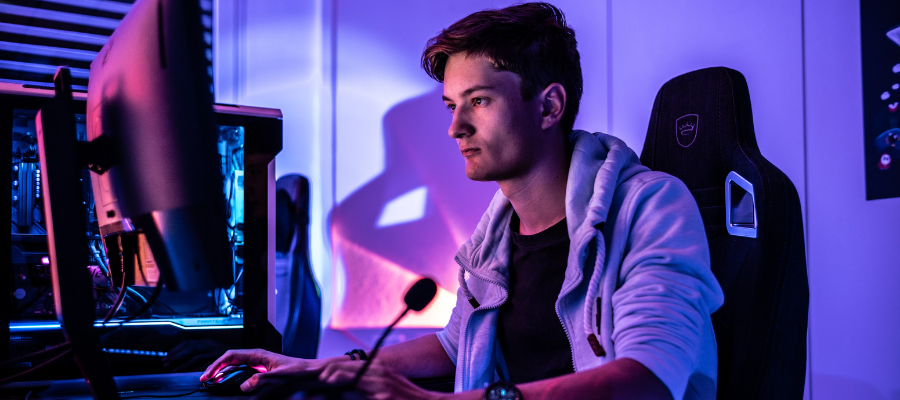Why Worry about Sleep Deprivation Among Students?
Students are often sleep-deprived. This is a major issue because lack of sleep negatively affects learning. In this article, we'll look at some striking statistics about sleep and academic performance and what can be done to improve sleep health among college students.
Students sleep in the US
About half of college students in the US often get about seven hours of sleep or less per night. In many other countries, these numbers are comparable or worse. There is a proven connection between sleep and academic performance. Better sleep means higher test scores and vice versa. Let’s explore why that is.
How sleep affects academic performance
Many studies have been done on sleep and academic performance, consistently concluding one fact: Poor and insufficient sleep can reduce the ability of people to focus and pay attention in class. One study estimates that sleep quality accounts for nearly 25% of the variance in academic performance. The same study points out that it’s not one night of sleep deprivation that ultimately knocks down the grades, but consistent poor sleep across weeks or months. The effect is pronounced and has been estimated to be about as performance impairing as binge drinking or marijuana use the night before.
Students who are constantly tired from lack of restorative sleep not only do worse on tests, but they also have trouble learning and focusing on school work. In general, even a single night of insufficient sleep has negative effects on cognitive abilities, creativity, and mood. Long-term sleep deprivation can have even more damaging effects as described below.
Read also: Blue light – how does it affect our sleep?
Long term consequences of sleep deprivation

Lack of sleep can cause more than just feeling tired. It has been linked to many health problems, especially in adults. These may include:
- Heart disease and stroke
- High blood pressure
- Type II diabetes (adult-onset)
- Depression & anxiety disorders
- Obesity – weight gain is associated with not getting enough restorative sleep
These health problems may be difficult to reverse and can follow students for much of their adult life. As such, there is much more at risk for students than performing poorly at exams. Chronic sleep deprivation may ultimately cause disease which can lower their quality of life and even shorten their expected lifespan.
Read also: How much sleep do I need?
How to solve the sleep crisis
There are several viable approaches to lowering sleep deprivation among students. First and foremost, students need to know what impact lack of sleep can have on their life. Many universities and NGOs such as NIRSA do a good job in this regard.
Along with education, structural changes are needed. In the US, some colleges and universities have experimented with later start times for classes to try to help students get more sleep. Some schools even let their students take naps during class if they feel tired!
For example, the University of Central Florida’s Medical school has installed several EnergyPods and made it possible for their students to study the effects of taking a nap. Many other colleges in the US feature nap pods or nap rooms on campus.
Summary

Sleep and academic performance is a serious issue that merits more attention than it receives. Students should get enough sleep each night so that they stay healthy and perform well in school.
College students seem especially at risk for developing a lack of restorative sleep with more than half of US students sleeping less than 7 hours a day.
Some colleges have started classes later to help students get more sleep, or are allowing students to take naps during class if they are tired.
Along with education on proper sleep hygiene, equipping nap rooms or installing nap pods on campus may help break the negative circle of sleep deprivation among students.


